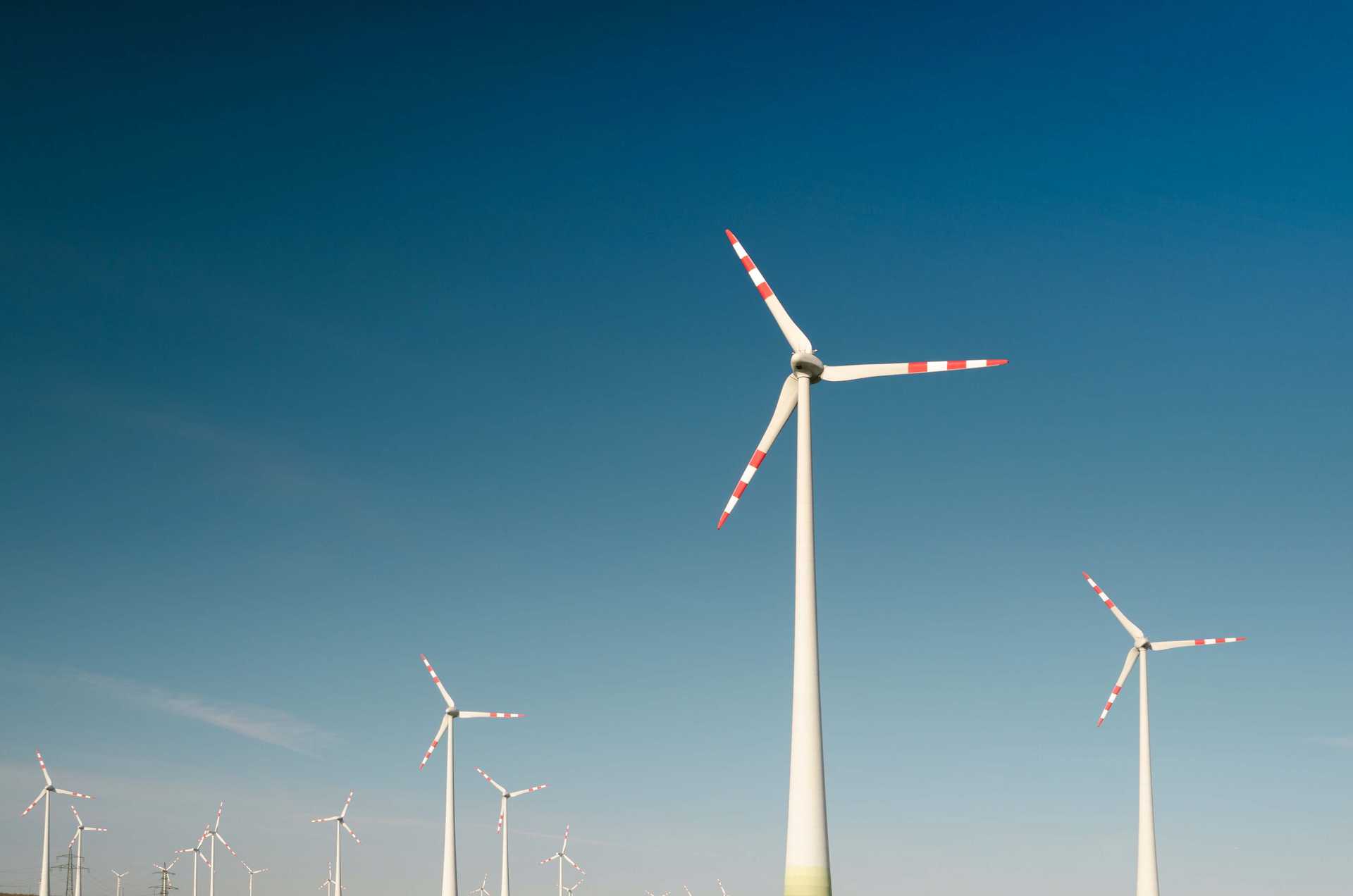
Sustainability is becoming increasingly important, especially in the food and catering sectors. The increasing number of people following a vegetarian or vegan diet and the requirement to use reusable packaging in the catering sector are just two examples. As part of these industries, we at qnips are aware that a sustainable future is of paramount importance not only to us, but to society as a whole. That is why we have set ourselves the goal of operating in a responsible and climate-neutral manner.

A return to the old normality with new faces
The biggest changes in CO2e emissions compared to last year are due to the (partial) removal of corona regulations in the workplace and the increase in the size of our team. We now have more employees, and they are back in the office more often. As a result, we have seen an inevitable increase in emissions, especially from our employees' commuting and the office equipment they use. At the same time, we have managed to maintain or even reduce emissions in other areas (e.g. waste and emissions from company cars).

Review and preview
In calendar year 2022, qnips caused approximately 150t of CO2e emissions, although we have included a buffer here. For 2023, we have decided to prioritise more sustainable products when purchasing hardware and office equipment, and to switch to lower-emission alternatives when using servers. In addition, we have fully offset last year's emissions by supporting two projects that help to reduce CO2e emissions through their work.

Access to clean drinking water and electricity
One is a project in Cambodia that gives rural people access to clean drinking water. This reduces the need for firewood to boil water and dramatically reduces the number of illnesses and deaths caused by contaminated water. We also support a wind power project in India that provides clean electricity to around 10,500 households each year. The project also helps the local community by creating jobs, investing in schools and community centres, and expanding medical facilities.